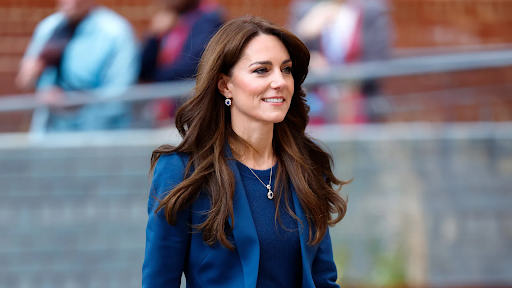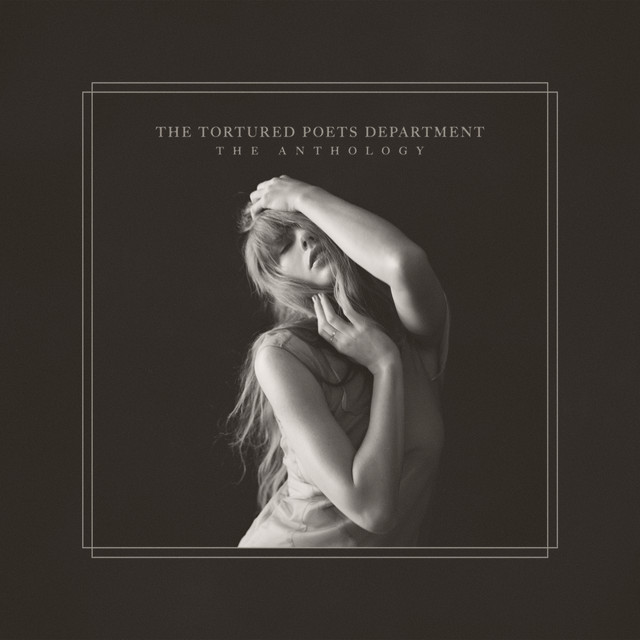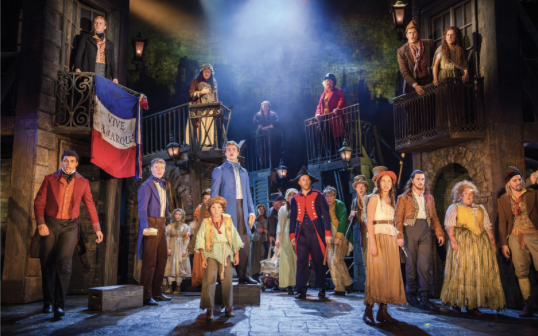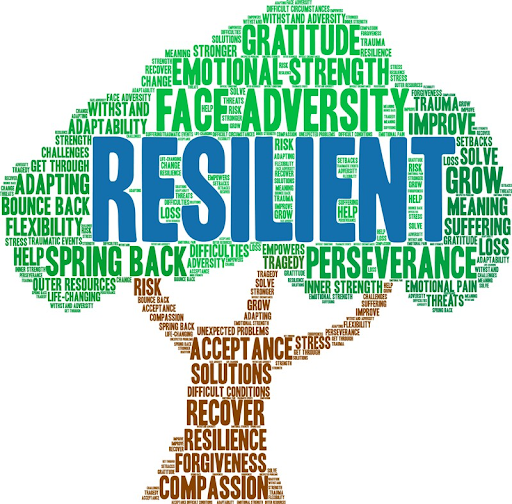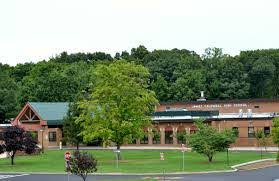By Emily Freed
Today, many television viewers unabashedly proclaim their love for the unique genre of reality programs. This medium first emerged on TV in the early 1990s, but it truly became a staple of American entertainment with the advent of popular shows like “Big Brother”, “Survivor”, and “American Idol”, among others. The key factor in the success of these shows is not a reliance on credibility, but instead a dramatic use of sensational conflicts. While some viewers may attempt to explain their interest in these programs in terms of sympathy for or curiosity towards the subjects, there is no doubt that the majority of the viewers actually tune in for that program because they enjoy watching the extreme arguments and struggles that occur.
The fantastical situations of reality television, whether it be on a game show or a program like “Keeping Up with the Kardashians”, are all part of the appeal. The line between real life and fantasy is so blurred within the realm of reality TV that it allows the viewer to escape their own existence and become completely submerged into the nonsensical logic of the show. For many people with stressful and demanding lives of their own, turmoil in the lives of these characters provides an opportunity to momentarily escape their responsibilities and stressors.
Following up on the idea of escaping reality, these television shows also enable the viewers to feel like they are part of the action within the show. Especially in shows that take viewer votes or feedback into account, such as “American Idol”, the viewer feels as if, by virtue of watching the program, their voice is heard. This is empowering to people who otherwise would not have a lot of power or control over what happens to them in their own reality. Someone stuck in a dead-end job with low pay could relish the few free hours they have by escaping their dull life for the outlandish entertainment and action that reality shows contain.
Reality shows also offer viewers the ability to essentially watch a train wreck in slow motion. They do not expect to see people act morally, but instead seek bad decisions, chaos, and conflict. But why do we take pleasure in seeing others struggle? On some level, it may be because it is comforting to see another person have a more difficult life than us. Furthermore, we like to see angry, animalistic fights between people, no matter how unrealistic. Despite the ridiculousness, it is enthralling to watch people from the dredges of humanity stuck in a house together and unable to get along; through these ugly conflicts and scenes of drama, many television watchers feel more assured of their own goodness, while simultaneously giving them a sense of superiority over those they are watching. In many ways, reality shows offer entertainment with a side effect of a self-esteem boost.
We all know, however, that reality shows often heavily scripted. More often than not, contestants or stars are chosen based on personality rather than talent, and the shows are edited to illustrate a biased and conflict-ridden story. On many shows, people are type-cast to best catch the audience’s interest. One person is designated the Villain, one as the Everyman, one as the Mother, and so on. The use of these classic archetypes is comforting to the viewer, because they are extremely familiar caricatures of human behavior. These living exaggerations are used to entertain the viewer; their popularity is due to viewers being able to distance themselves from the stars to a certain degree. They do not challenge their perceptions of others; they simply reinforce them. Thus the viewers believe that they could never be as shallow—or callous, or oblivious, etc.—as the character being portrayed. There is a relationship of mutual manipulation between television studios that dramatize reality and viewers that willingly accept these dismal portrayals of humanity; this relationship forms the foundation of reality television. On some basic level, we crave seeing the disorder and chaos of humans at their absolute worst. Like a human zoo, we want to observe people in their animalistic forms, whether it be to feel better about our lives or to lap up the entertainment value.
Regardless, there is nothing inherently wrong with enjoying reality shows. In fact, an escape from our own world can be necessary when the stresses of our daily lives are overwhelming. Despite this, I do not believe it is fair to accept reality television at face-value. We have a responsibility as the viewer to acknowledge all the manipulative forces behind the scenes of these shows. We cannot blindly consume content, because media is not created in a vacuum. In many ways, reality shows can reflect the current divisions and conflicts that exist within our society. Oftentimes racism and misogyny can be subtly intertwined into the depictions of the people on these shows, and it is important to realize how and why public perceptions can be so easily swayed through these programs. The entertainment value of reality TV is high, but it is not without its detriments. We should learn how to analyze reality show content, for it is not likely to disappear any time soon. After all, as Gary Namie, a psychologist from the Workplace Bullying Institute, correctly observed, “Being nice makes for dull entertainment.”
Image Courtesy of vinnylanni.wordpress.com





